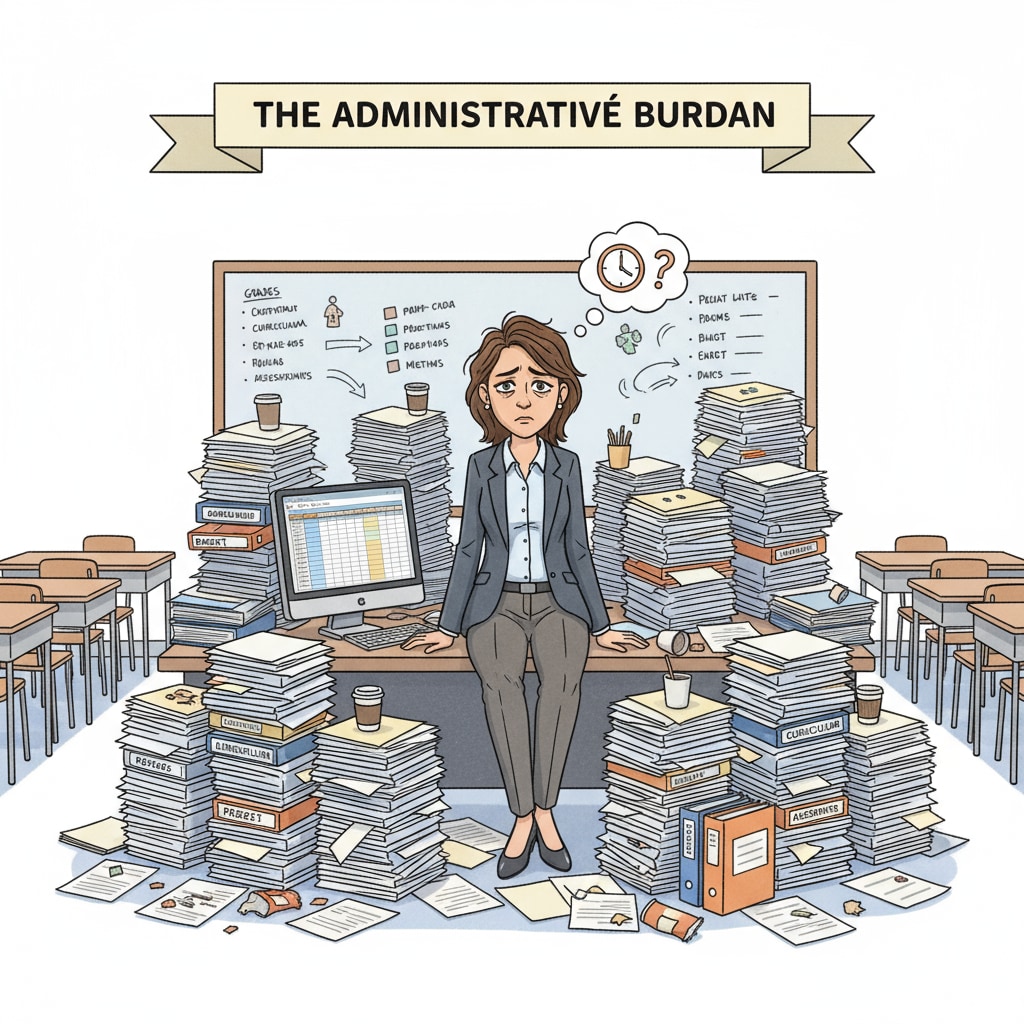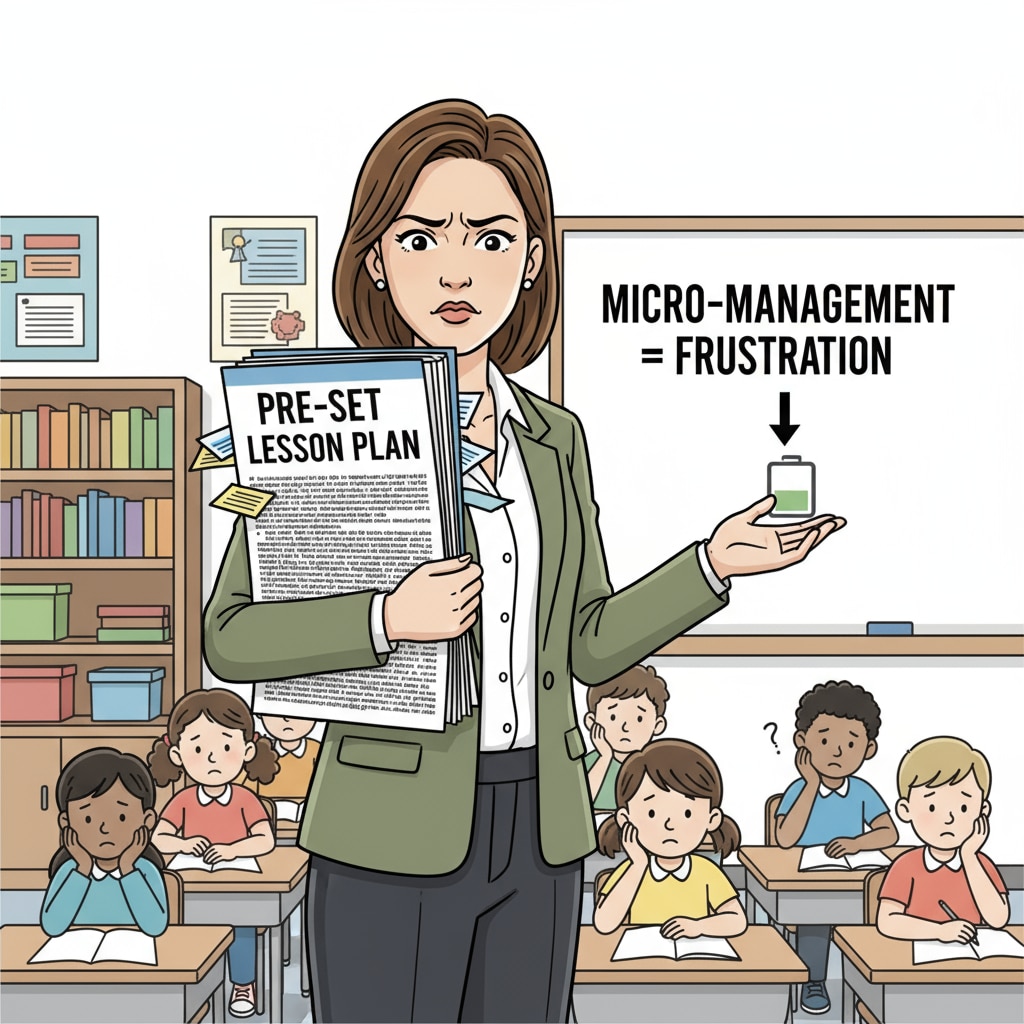Micro – management, teaching autonomy, and administrative burden are issues that have been plaguing K12 educators in recent times. In the world of education, where creativity and flexibility should thrive, an over – emphasis on micro – management and the accompanying heavy administrative load are stifling innovation and affecting the quality of teaching.

The Yoke of Micro – management
Micro – management in education often means that educators are given little room for independent decision – making. School administrators may dictate every aspect of the teaching process, from the choice of teaching materials to the exact steps of a lesson plan. For example, teachers might be required to follow a standardized curriculum framework without any leeway for adaptation based on their students’ unique needs. This lack of flexibility not only restricts teachers’ creativity but also fails to take into account the diverse learning paces and styles of students. According to The National Education Association (NEA), excessive micro – management can lead to a decrease in teacher job satisfaction as they feel like mere implementers rather than educational innovators.

The Crushing Administrative Burden
In addition to micro – management, educators are also grappling with an overwhelming administrative burden. This includes tasks such as filling out endless forms for student assessment, attending numerous administrative meetings, and managing data for various educational reports. These administrative duties take up a significant amount of time that could otherwise be spent on lesson preparation, student interaction, or professional development. A study by TeachHub found that a large portion of teachers’ working hours are consumed by administrative tasks, leaving them exhausted and with less energy for actual teaching. As a result, the quality of education suffers, and teachers may become disengaged from their profession.
The combined effects of micro – management and administrative burden are detrimental to both teaching quality and teachers’ professional well – being. When teachers are constantly bogged down by these issues, they are less likely to be motivated to come up with innovative teaching methods or engage deeply with their students. This ultimately affects the students’ learning experience and the overall educational outcomes.
Readability guidance: As we’ve seen, micro – management and administrative burden are major challenges. To address this, restoring teaching autonomy is essential. Teachers need the freedom to design lessons, choose teaching materials, and manage their classrooms according to their professional judgment. This will not only enhance their job satisfaction but also lead to more dynamic and effective teaching environments. By reducing excessive administrative tasks and giving teachers the space to be creative, we can unlock the true potential of education.


